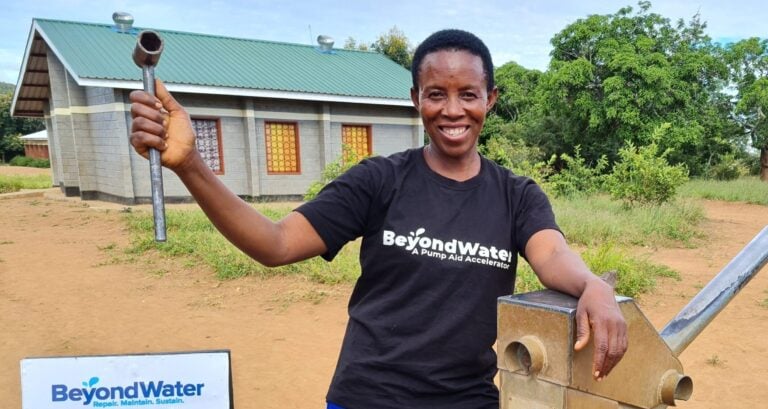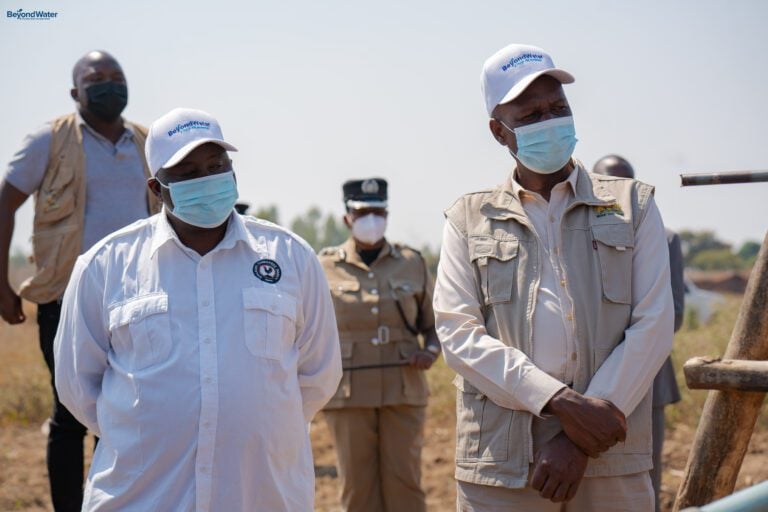Climate Resilience in Malawi: Insights from Princeton University Students
Climate change in Malawi poses significant challenges to water availability, affecting both the environment and the livelihoods of its people. In this blog post, students from the Princeton University Economic Development Organisation explore the relationship between climate change and water resources in Malawi. Rising temperatures, unpredictable rainfall, and extreme weather events are impacting water access and what measures are being taken to build climate resilience.
The Impact of Climate Change on Malawi’s Water Resources
Malawi’s geographical location and socioeconomic conditions make it particularly vulnerable to environmental changes. The nation experiences a cool, dry season between May and October, and a hotter, wet season from November to April with high temperatures.
Over the past 30 years, Malawi has experienced a gradual increase in average temperatures. This rising trend poses several risks, including increased evaporation rates, which exacerbate water scarcity and significantly affect agricultural cycles.
Malawi receives significant rainfall annually, but its distribution is uneven. Farmers rely heavily on this rainfall for crop irrigation, and much of it ends up as drinking water for Malawians. The changing climate is expected to delay the onset and shorten the duration of the rainy season, with more intense rainfall events leading to increased runoff into the ocean, reducing groundwater recharge and affecting agriculture.
Agriculture, contributing 40% of Malawi’s GDP and 90% of its export profits, is highly vulnerable to climate change. The increased frequency of droughts and floods will reduce crop yields, particularly maize, Malawi’s staple crop. These shifts in weather patterns will also disrupt planting timelines, exacerbating food insecurity in a nation already facing significant challenges in this area.
Water Access and Health Impacts
Climate change has significantly impacted Malawi’s access to safe drinking water. Increased flooding has damaged infrastructure like dams and levees, straining groundwater resources and leading to higher pollution levels in major lakes, making their water non-potable. With approximately 80% of the population relying on groundwater, issues such as soil erosion, deteriorating water quality, and inaccessibility of water sources contribute to severe water supply insecurity.
Climate change has also increased the frequency and intensity of extreme weather events such as floods, cyclones, heat waves, and droughts. Notably, the 2015 floods and Cyclone Idai in 2019 caused substantial damage to Malawi, with Cyclone Idai alone resulting in $3.8 million in damages to sanitation, water, and hygiene structures. These events devastate homes, communities, and agricultural lands, severely impacting both the social and economic foundation of the nation.
Climate resilience in Malawi
Addressing the challenges posed by climate change requires robust adaptive strategies to build climate resilience in Malawi. The Princeton University Economic Development Organisation’s insights highlight the critical need for sustainable water management practices to ensure that communities can thrive despite environmental changes. Through innovative solutions and community engagement, it is possible to mitigate the impacts of climate change and secure a more stable future for Malawi.
Get involved and support reliable access to safe water in Malawi.







